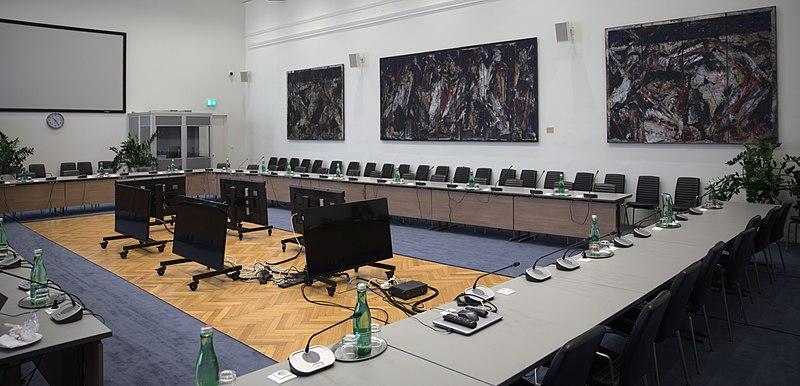
10 years ago, as the Millennium Development Goals (MDGs) were coming to an end and millions of people were participating in consultations to develop the Sustainable Development Goals (SDGs), a global health colleague sent me a link to the IHP newsletter with a message “this is good stuff, read this.”
I’ve since followed the newsletter to try to keep abreast of a global health sector that has gone from MDG-oversimplistic (all targets and indicators fit on one page!) to mind-blowingly-complex. The main reason I follow this newsletter, though, is because it consistently shares the views of new voices – including young experts from the global South – and does so without the self-celebratory, self-censoring, we-are-really-fundraising messaging that plagues so much of global health communication.
As global health leadership continues to be dominated by white men over the age of 50, who have been educated and work in the global North, different perspectives have been refreshing but also necessary. Progress on health has stalled and has even been reversed in some areas. But new perspectives and voices alone – or “switching the poles”, as the IHP tagline used to be – is not enough.
Every year, a new seat is added to the global health table: a second or third seat for civil society, a youth representative, a few more countries from the global South. Every year, a new initiative or partnership is founded to accelerate progress. And a new consultation process is initiated, separately of course, for all the above.
Yet looking at the past ten years, power has not shifted. The same few donor governments and foundations (give or take a few), partnering with the same few private sector companies, continue to determine whether a COVID-19 vaccine will be available to entire continents. Whether global health favors market mechanisms rather than social redistribution systems has been determined by an even smaller group (of white, male, 50+).
Despite progress stalling, and every one of us being aware we will miss every single SDG health target, we continue to work with our existing structures. For new voices, it may in the beginning feel exciting to sit at this table. Others enjoy the roadshow of different board retreats that often cost more than a million dollars each.
IHP recently changed its tagline from “switching poles” to “shifting power through constructive disruption.” I found this reflected well what must change: it’s not sufficient to bring new perspectives and voices to the table. We need to change who makes decisions at the table and consider rebuilding the entire table. An angry (constructive) fist slamming into the table, and a decision to leave and build local manufacturing elsewhere is one such manifestation of a disruptive shift.
To deliver on our mission in global health, we can’t sit on the sidelines or be complacent. We can’t shrug our shoulders at missing all SDG health targets. How we are currently behaving is as if we were climate change activists shrugging at the demise of the planet.
Many global health organizations and leaders are terrified that their market-loving large donors will leave their table and stop funding their coffers. What would they do, left with civil society, youth, and global South governments at the table? Who would fund their (expensive) overheads?
10 years since I started reading the IHP newsletter, I’m writing this editorial to a community of people who want things to change. To deliver on our mission in global health, we must shift power. We won’t do so by joining the current table. We need to recognize our own power and agency, and more importantly our own responsibility.
It’s time to acknowledge that what we’re doing just isn’t good enough. This is why we need disruption. If you are not part of the solution, you are part of the problem.
Indeed even today decisions for global south are made by those who hold the position in world global health policy. We hardly get the opportunity to scale up the leader to reach the summit in this north dominated world. Developing nations struggle to reach the unreachable goal reason being that unrealistic targets were decided/imposed in Geneva.